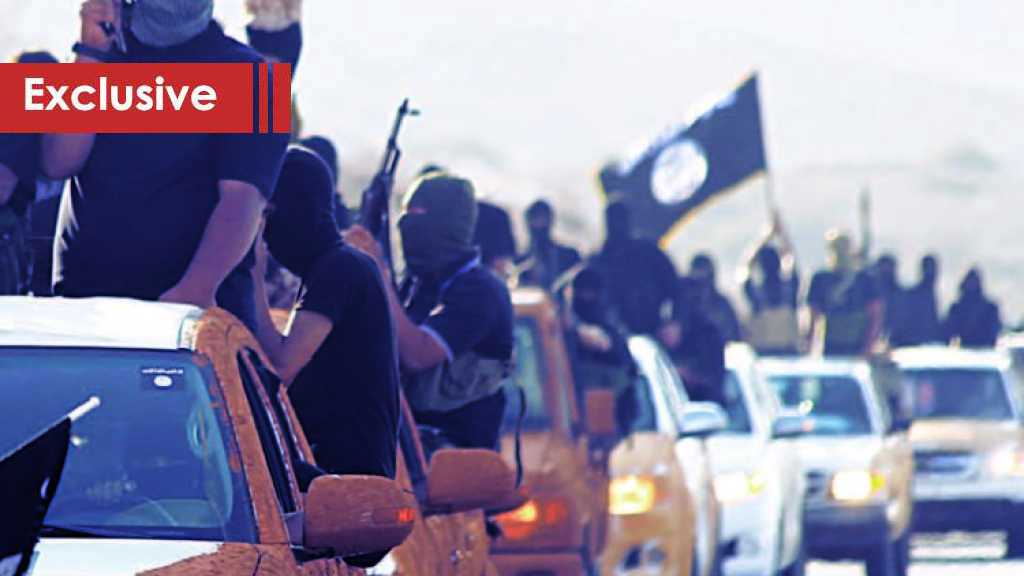Education Crisis: Hezbollah Nurturing Lebanese Minds Amidst National Adversity

By Dr. Marwa Osman
“Do the Math, since 92 till today, for those who discuss infrastructure development in Lebanon. You are discussing with a party that was fighting the ‘Israeli’ entity and fighting the Takfiris and carrying the burden of 20 large domestic files”; this is what Hezbollah Secretary General His Eminence Sayyed Hassan Nasrullah said during the pre-election’s festival in Baalbek-Hermel in the 2018 elections.
Hezbollah did not stop there. The party decided to expand its voluntary work to enhance other critical public sectors in Lebanon especially after the 2019 financial crisis like the health sector for example especially during the covid pandemic, and today have stretched out all its capabilities towards the educational sector.
Lebanon, which not so long ago was famous for its cultural diversity, historical significance, and flourishing education sector, has been grappling with an unprecedented crisis in recent years. The Lebanese education sector, once a beacon of hope and progress, is now facing numerous challenges, jeopardizing the future of its youth and the nation as a whole.
One of the primary factors contributing to the crisis in Lebanon's education sector is the economic collapse that the country has been enduring. A sharp devaluation of the Lebanese Lira, hyperinflation, and widespread unemployment have left many families struggling to make ends meet. As a result, the cost of education, including tuition fees, textbooks, and other educational resources, has become increasingly burdensome for Lebanese families. This has forced many students to drop out of school, particularly those from lower-income backgrounds.
Years of political instability and economic mismanagement have led to a dire situation in Lebanon's public schools and universities. Crumbling infrastructure, insufficient maintenance, and a shortage of essential resources have become pervasive issues especially in public schools and the state university known as the Lebanese University. Students often attend classes in overcrowded, run-down buildings with limited access to basic amenities like electricity and clean water. This dire environment hampers the learning experience and negatively impacts the overall quality of education.
Lebanese educators, who were once revered for their dedication and expertise, now face immense challenges. The economic crisis has severely eroded their salaries, making it increasingly difficult for them to provide for their families. Consequently, many teachers are forced to take on additional jobs to make ends meet, leaving them with less time and energy to focus on their students. The high workload and low wages have also led to a decline in the quality of teaching.
This devastating reality has pushed the Educational Association of Hezbollah, which is a striving movement that aims to join knowledge and jihad, in addition to education and faith to serve both, the Resistance and nation, to take action.
In light of the difficult conditions that Lebanon is experiencing in general and the educational sector in particular, Hezbollah’s educational association provided financial and in-kind assistance to various public schools across different Lebanese governorates.
For instance, the city of Tyre and the surrounding villages, were provided with diesel fuel to operate school generators, and financial assistance to teachers as transportation allowance, to mark a successful academic year.
From Tyre to Hermel, the educational mobilization programs to support students continued with the initiative to transport students to their universities in Baalbek and Zahle, especially in light of the difficult living conditions.
While the challenges facing Lebanon's education sector are immense, there were several steps that Hezbollah took to mitigate the crisis and pave the way for a brighter future beginning with investing in the infrastructure by allocating funds to rehabilitate some school facilities including improving basic infrastructure, such as electricity, and water supply.
Hezbollah also has increased its financial aid and scholarships to students in need, ensuring that education remains accessible to all, regardless of their financial background. All the while, Hezbollah MPs have been regularly meeting with the minister of education stressing to adhere to full teacher support, by calling for raising teacher salaries and improving their working conditions which in return can help retain skilled educators and enhance teaching quality.
This kind of volunteer work, although being unprecedented to be done outside government budgets, was not the first form of social aid Hezbollah provides to various Lebanese governorates.
Cooperation with the Council of Ministers and some representatives of the other parliamentary blocs operating in the region, in addition to the municipalities and Hezbollah’s own capabilities, produced a series of projects for the region of Baalbek-Hermel that are distributed among 12 development axes, with a financial value of $893 million between the years 2010 and 2017, in addition to the millions of dollars that were allocated for various development projects.
The region of Baalbek-Hermel received $751 million from the budget of ministries and official institutions and $113 million from municipalities and municipal unions. Hezbollah paid $13 million from its own money, all because Hezbollah made sure that this once forgotten region becomes alive again.
That was on the level of infrastructure, as for the educational sector, since 1992 Hezbollah has been paying off student fees so that they can enroll in public schools.
Currently, studies indicate that Baalbek-Hermel for instance does not suffer from a shortage at the school and sector levels in both public and private education, as there are 69 middle schools in Baalbek, 19 middle schools in Hermel, and 24 high schools in the entire governorate, in addition to a number of vocational schools, at a time when it was less than half of this number before 1992, all because Hezbollah pushed for it to happen whether through budget of ministries or through Hezbollah’s own pocket.
Why do they do that? I was once asked, I simply answered: Because they are the Resistance!
Comments




